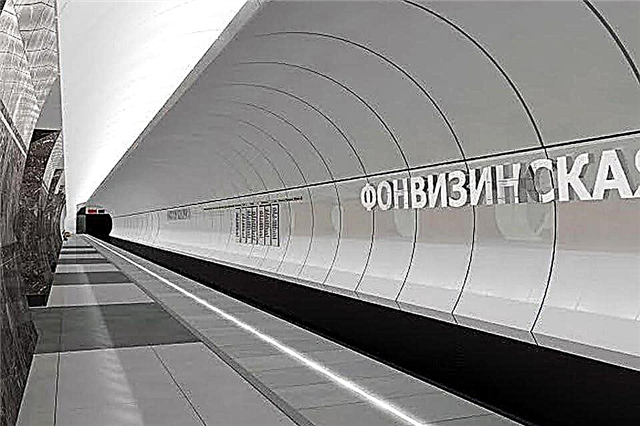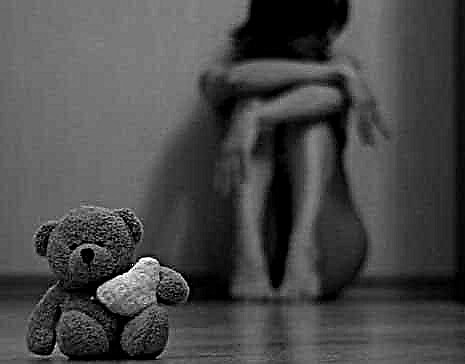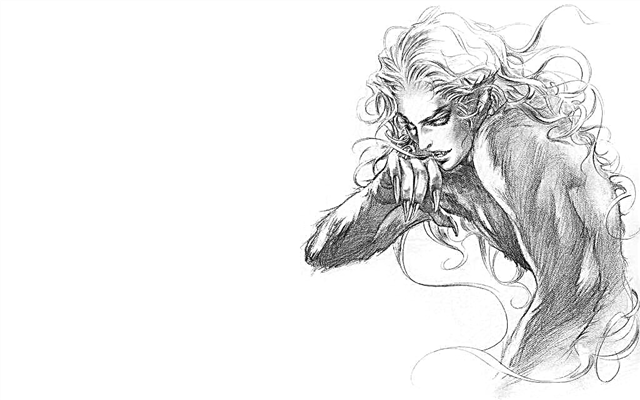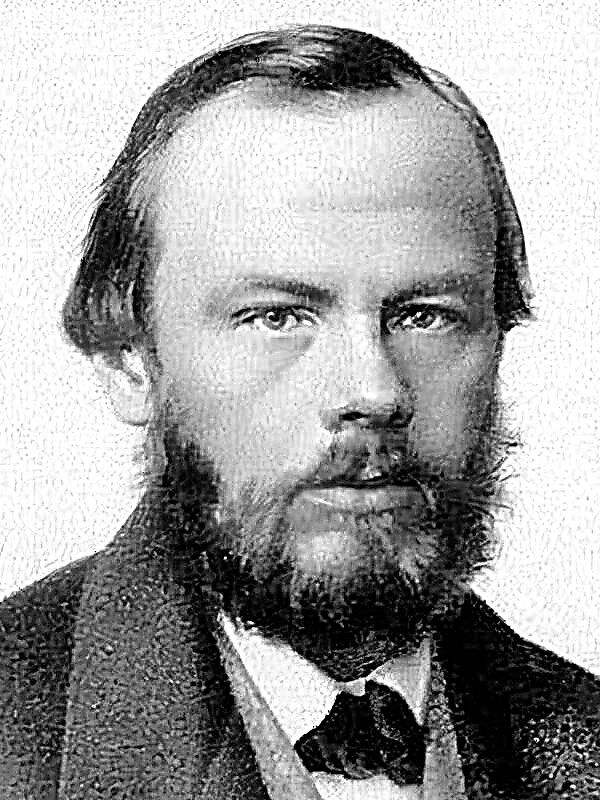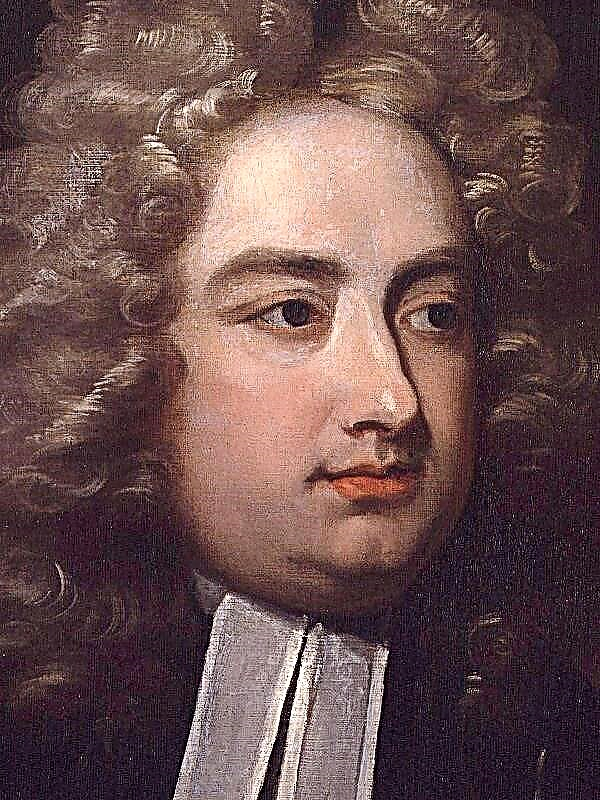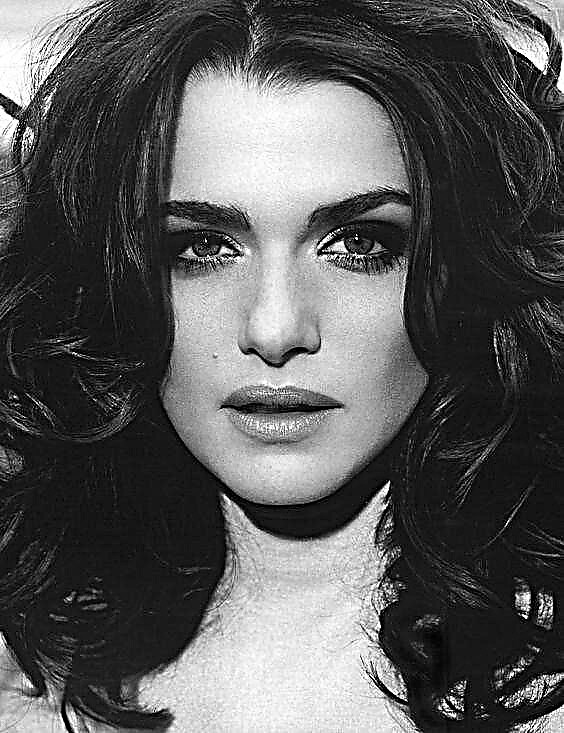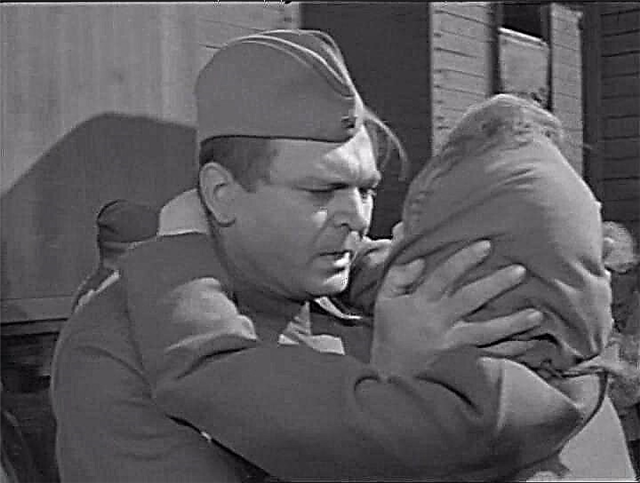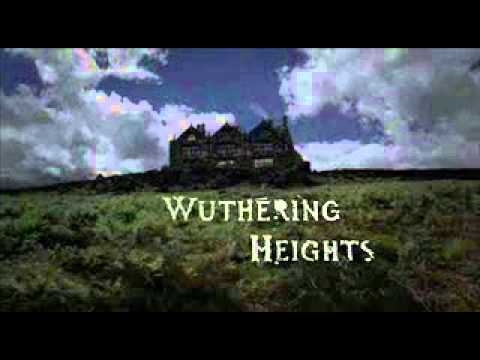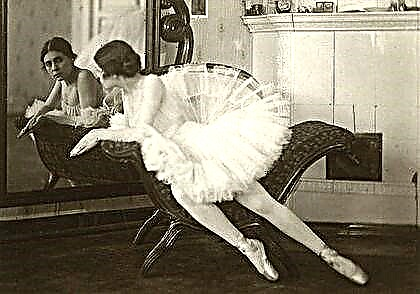The Monk Sergius was born in the Tver land, during the reign of the Tver Prince Dmitry, under Metropolitan Peter. The saint's parents were noble and pious people. His father was called Cyril, and his mother was Mary.
An amazing miracle happened even before the birth of the saint, when he was in the womb. Mary came to the church for the liturgy. During the service, the unborn child cried out loud three times. Mother cried out of fear. People who heard the scream began to look for a child in the church. Upon learning that the baby was screaming from the womb, everyone was amazed and scared.
Mary, when she was carrying the child, fasted earnestly and prayed. She decided, if a boy was born, to devote him to God. The baby was born healthy, but did not want to take the breast when the mother ate meat food. On the fortieth day, the boy was brought to church, baptized and gave him the name Bartholomew. Parents told the priest about the three-time cry of the baby from the womb. The priest said that the boy will be a servant of the Holy Trinity. After a while, the child did not take breasts on Wednesday and Friday, and also did not want to eat milk from the nurse, but only to his mother.
The boy grew up and began to learn to read and write. Bartholomew had two brothers, Stephen and Peter. They quickly learned to read and write, and Bartholomew could not. He was very sad because of this.
One day, his father sent Bartholomew to look for horses. On a field under an oak tree, a boy saw an old priest. Bartholomew told the priest about his failure in his studies and asked to pray for him. The elder gave the lad a piece of prosphora and said that henceforth Bartholomew would even better know the letter than his brothers and peers. The boy persuaded the priest to go to his parents. First, the old man went to the chapel, began to sing the clock, and ordered Bartholomew to read the psalm. Suddenly, the lad began to read well. The old man went into the house, tasted the food, and predicted to Cyril and Mary that their son would be great before God and the people.
A few years later, Bartholomew began to fast fasting and pray at night. Mother tried to persuade the boy not to ruin his flesh by excessive restraint, but Bartholomew continued to adhere to the chosen path. He did not play with other children, but often went to church and read holy books.
The saint's father, Cyril, moved from Rostov to Radonezh, because at that time in Rostov the governor from Moscow was atrocious Vasily Kochev. He took property from the Rostovites, because of this Cyril and became impoverished.
Cyril settled in Radonezh at the Christmas Church. His sons, Stephen and Peter, got married, Bartholomew strove for monastic life. He asked his parents to bless him as a monk. But Cyril and Maria asked the son to take them to the grave, and then already fulfilled his plan. After some time, both the father and mother of the saint were tonsured monks, and each went to his monastery. A few years later they died. Bartholomew buried his parents and honored their memory with alms and prayers.
Bartholomew gave his paternal inheritance to his younger brother Peter, but he took nothing for himself. The wife of his elder brother, Stephen, had died by this time, and Stephen had become a monk at the Pokrovsky monastery of Khotkov.
At the request of Bartholomew, Stefan went with him to look for a deserted place. They came into the thicket of the forest. There was water. The brothers built a hut on this site and cut down a small church, which they decided to consecrate in the name of the Holy Trinity. The consecration was performed by the Metropolitan of Kiev Theognost. Stefan could not stand the hard life in the forest and went to Moscow, where he settled in the Epiphany monastery. He became abbot and princely confessor.
Bartholomew called in to the wilderness the elder hegumen Mitrofan, who tonsured him as a monk with the name of Sergius.After the tonsure, Sergius took communion, and the church was filled with fragrance. A few days later he spent the abbot asking for his instructions, blessings and prayers. At that time, Sergius was a little over twenty years old.
The monk lived in the wilderness, worked and prayed. Hordes of demons tried to frighten him, but could not.
Once, when Sergius sang in the morning in the church, the wall parted and the devil himself came in with many demons. They ordered the saint to leave the wilderness and threatened him. But the reverend cast them out with prayer and the cross. Another time, demons attacked a saint in a hut, but were put to shame by his prayer.
Sometimes wild animals came to the hut of St. Sergius. Among them was one bear, for which the saint every day left a piece of bread. Visits to the bear lasted more than a year.
Some monks visited Sergius and wanted to settle with him, but the saint did not accept them, for life in the wilderness was very difficult. But still some insisted, and Sergius did not banish them. Each of the monks built a cell for himself, and they began to live, imitating the reverend in everything. The monks served the midnight, matins, hours, and the priest was invited to serve the mass because Sergius, by humility, did not accept the priesthood or the abbess.
When the twelve monks gathered, they surrounded the cells with tyn. Sergius tirelessly served the brethren: he carried water, chopped wood, cooked food. And he spent nights in prayers.
The abbot, who tonsured Sergius, died. Rev. Sergius began to pray that God would give the new abode of the abbot. The brotherhood began to ask Sergius to become hegumen and priest himself. Many times she embarked on this request to the reverend, and in the end Sergius and the other monks went to Pereyaslavl to Bishop Athanasius to give the Abbot to the brethren. The bishop commanded the saint to become hegumen and priest. Sergius agreed.
Returning to the monastery, the monk served the liturgy daily and instructed the brethren. For some time there were only twelve monks in the monastery, and then Simon, archimandrite Smolensky, came, and since then the number of monks began to increase. Simon came, leaving archimandrism. And the elder brother of Sergius, Stefan, brought to the monastery to the reverend his youngest son, Ivan. Sergius tonsured a boy named Fedor.
The hegumen himself baked prosphora, cooked kuti and made candles. Every evening, he slowly went around all the monastic cells. If someone idly talked, the abbot knocked on this brother through the window. The next morning he called the offender, talked with him and instructed.
At first there was not even a good road to the monastery. Much later, people built houses and villages near that place. And at first, the monks suffered all kinds of hardships. When there was no food, Sergius did not allow to leave the monastery and ask for bread, but ordered in the monastery to wait for God's mercy. Once Sergius did not eat for three days and on the fourth he went to cut the canopy for the old man Danil for a sieve of rotten bread. Due to lack of food, one monk began to murmur, and the abbot began to teach the brethren about patience. At this moment, a lot of food was brought to the monastery. Sergius ordered first to feed those who brought food. They refused and disappeared. So it remained unknown who the person who sent the dishes was. And the brethren at the meal discovered that the bread sent from afar remained warm.
Hegumen Sergius always wore poor, dilapidated clothes. Once a peasant came to the monastery to talk with the reverend. He was indicated to Sergius, who worked in rags in the garden. The peasant did not believe that this was the abbot. The monk, having learned from the brethren about the incredulous peasant, kindly talked to him, but did not convince him that he was Sergius. At this time, the prince came to the monastery and, seeing the abbot, he bowed to the ground. The prince's bodyguards pushed aside the amazed peasant, but when the prince left, the farmer asked Sergius for forgiveness and received a blessing from him. A few years later the peasant accepted monasticism.
The brothers murmured that there was no water nearby, and through the prayer of St. Sergius a spring arose. His water healed the sick.
One pious man came to the monastery with a sick son. But the boy brought to Sergius’s cell died. The father cried and went behind the coffin, while the child’s body was left in the cell. Sergius' prayer performed a miracle: the boy came to life. The reverend commanded the infant's father to remain silent about this miracle, and the disciple of Sergius told him about it.
On the Volga River there lived a nobleman who was tormented by a demon. An insane force was taken to the monastery to Sergius. The reverend cast out a demon. Since then, many people began to come to the saint for healing.
One late evening Sergius had a wonderful vision: bright light in the sky and many beautiful birds. Some voice said that there will be as many monks in the monastery as there are these birds.
To the monk came the Greeks, envoys of the Patriarch of Constantinople. The patriarch advised Sergius to arrange a dormitory. The Russian metropolitan supported this idea. Sergius did just that. He gave each brother a special obedience. The monastery gave shelter to the poor and wanderers.
Some brothers opposed the mentorship of Sergius. During one of the services, Brother Sergius Stefan uttered several impudent words against the reverend, disputing his right to lead the monastery. The monk heard this and, slowly leaving the monastery, went to the Kirzhach River, put a cell there and then built a church. Many people helped him in this matter, gathered a large fraternity. The monks of the Trinity Monastery left by Sergius also passed to Kirzhach. And others went to the city to the metropolitan with a request for the return of Sergius. The metropolitan ordered the saint to return, promising to expel his opponents from the monastery. Sergius obeyed. One of his students, Roman, became abbot in a new monastery on the Kirzhach River. And the saint himself returned to the monastery of the Holy Trinity. The fraternity joyfully met him.
The Perm Bishop Stephen loved Sergius very much. Heading to his diocese, he walked past the Trinity Monastery. The road ran far from the monastery, and Stephen simply bowed in her direction. Sergius at that moment was sitting at the table and, although he could not see Stephen, bowed to him in response.
The disciple of St. Sergius, the Rev. Andronicus, had the desire to found a monastery. Once Sergius was visited by Metropolitan Alexy, who spoke about his plan to establish a monastery in honor of the Savior Not Made by Hands, in memory of getting rid of the storm at sea. Sergius gave Metropolitan Andronik's assistants. Alexy founded a monastery on the Yauza River, and Andronic became his mentor. Sergius visited this place and blessed. After Andronicus, the Monk Savva became hegumen, and after him Alexander. In this monastery was the famous icon painter Andrei.
Fyodor, the nephew of St. Sergius, son of Stephen, also decided to establish a monastery. He found a beautiful place for her - Simonovo, by the Moscow river. With the blessing of Sergius and the bishop, he built a monastery. After Fedor became bishop of Rostov.
Once, during a service in the Trinity Monastery, the monks saw an amazing man who served the liturgy with Abbot Sergius. The clothes of this man shone, and he himself shone. At first Sergius did not want to talk about anything, and then he discovered that it was an angel of God who served with him.
When the Horde prince Mamai moved troops to Russia, Grand Duke Dmitry came to the monastery to Sergius for blessing and advice - should I oppose Mamai? The reverend blessed the prince to battle. When the Russians saw the Tatar army, they stopped in doubt. But at that moment a messenger from Sergius appeared with words of encouragement. Prince Dmitry began the battle and defeated Mamaia. And Sergius, being in the monastery, knew about everything that was happening on the battlefield, as if he were nearby. He predicted the victory of Dmitry and named after the fallen. Returning with a victory, Dmitry stopped by Sergius and thanked him. In memory of this battle, the Assumption Monastery was built, where the disciple of Sergius Savva became hegumen.At the request of Prince Dmitry, the Epiphany Monastery in Golutvino was also built. The saint walked there, blessed the place, set up a church and left his disciple Gregory there.
And at the request of Prince Dmitry Serpukhov, Sergius came to his estate and founded the Zachatievsky monastery “what is on the High”. There remained the disciple of St. Athanasius.
Metropolitan Alexy, seeing the approach of his death, persuaded Sergius to become Metropolitan, but he, in his humility, did not agree. And when Alexy died, Michael became Metropolitan, who began to take up arms against St. Sergius. Michael suddenly died on the way to Tsaryrad, which was predicted by Sergius.
Once the Mother of God appeared with the Apostles Peter and John. She said she would not leave Trinity Monastery.
A bishop from Constantinople came to see Sergius. In fact, he did not believe that Sergius was really a great "lamp." Arriving at the monastery, the bishop became blind, Sergius healed him.
One person was tormented by a serious illness. Relatives brought him to the monk, he sprinkled him with water, prayed for him, the patient immediately fell asleep and soon recovered.
Prince Vladimir sent food and drinks to the monastery. The servant who carried all this tasted food and tasted drinks. When the servant came to the monastery, Sergius rebuked him, the servant immediately repented and received forgiveness from the saint.
A rich man living near the monastery took the hog from a poor neighbor and did not give a fee. Offended complained to Sergius. The hegumen rebuked the extortionate, and he promised to reform, but then decided not to give the money. When he entered the pantry, he saw that the carcass of the hog had rotted, although there was a severe frost. After this miracle, the extortioner repented and gave the money.
When Saint Sergius once served the Divine Liturgy, his disciple Simon saw how fire went on the altar and overshadowed the altar. Before communion, a divine fire entered the chalice. The abbot forbade Simon to talk about it until he, Sergius, dies.
For six months the saint foresaw his demise and entrusted the abbess to his beloved disciple Nikon. And he began to be silent.
Before his death, Sergius taught the brethren. And he died on September 25th. A fragrance spread from his body, and his face was white as snow. Sergius bequeathed to bury him outside the church, with the other brothers. But Metropolitan Cyprian blessed to put the reverend in the church, on the right side. Many people from different cities - princes, boyars, priests, monks - came to conduct St. Sergius.

